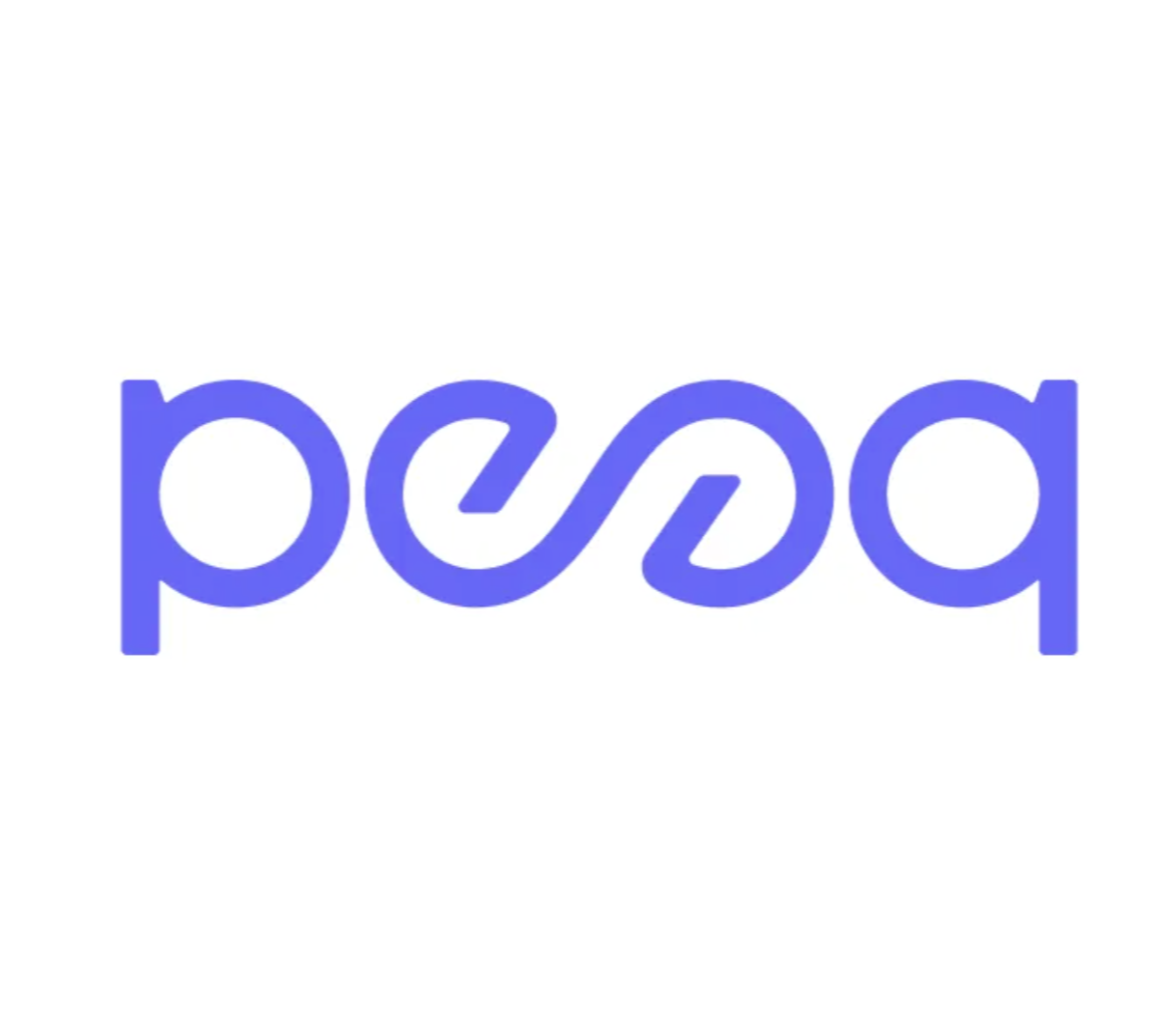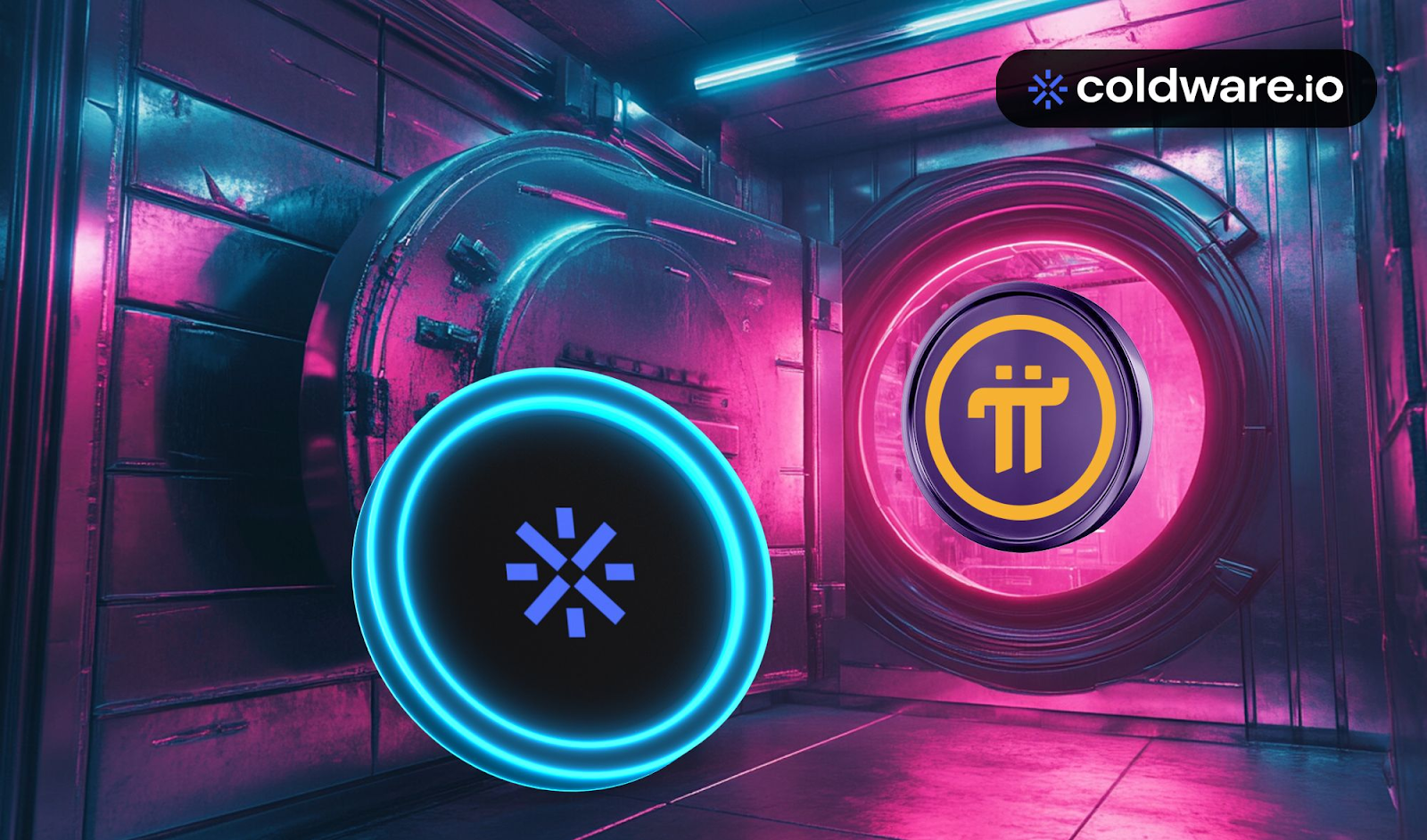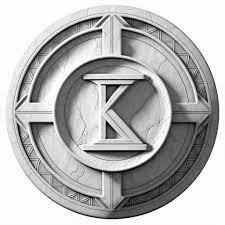The DePIN Explorer - DePIN Scan
Trending 🔥
DePIN Market Cap
$17,551,354,725
-0.1%
Volume
$4,012,701,369
-32.5%
DePIN Projects
321
DePIN Devices
40,531,404
+0.1%
DePIN Projects
DePIN Scan is the explorer for DePIN crypto projects. There are 321 DePIN Projects with a combined DePIN market cap of $17,551,354,725 and total DePIN devices of 40,531,404. Click into the projects below to learn how to start earning passive income today.
Project | Token | Category | Social Following | Market Cap | Token Price | 24h Trade VOL | 1D | 7D | 30D | Total Devices | Favorites | Last 7 days |
|---|---|---|---|---|---|---|---|---|---|---|---|---|
 | SOL | Chain | 2,983,977 | $84,234,808,299 | $161.2 | $3,848,185,361 | +6.2% | -8.3% | +10.7% | - | 23 | |
 | FIL | Server | 671,512 | $1,780,927,312 | $2.64 | $118,407,585 | +3.0% | -8.6% | -0.6% | 3,751 | 7 | |
 | THETA | ServerAI | 272,081 | $792,389,662 | $0.7924 | $22,600,735 | +5.2% | -9.5% | +15.9% | 5,885 | 4 | |
 | HNT | Wireless | 215,970 | $599,770,847 | $3.27 | $9,506,830 | -2.9% | -20.1% | -12.6% | - | 9 | |
.jpg) | GRASS | ComputeAI | 529,819 | $517,897,067 | $1.8 | $53,706,511 | +2.8% | -22.3% | +22.1% | - | 29 | |
 | ATH | Compute | 821,029 | $447,965,329 | $0.04932 | $33,869,235 | +3.9% | -11.0% | +60.1% | - | 4 | |
 | AKT | ServerAI | 124,188 | $377,157,217 | $1.39 | $25,345,355 | +10.6% | -11.5% | -3.4% | 472 | 5 | |
 | IOTX | Chain | 404,006 | $223,402,832 | $0.02366 | $22,577,434 | +5.7% | +12.3% | +34.4% | - | 66 | |
.jpg) | IO | ComputeAI | 512,187 | $137,261,738 | $0.8440 | $29,854,846 | +4.7% | -17.2% | +16.7% | - | 2 | |
 | HONEY | SensorAI | 50,652 | $114,004,455 | $0.02589 | $673,791 | +0.9% | -8.2% | +0.2% | 8,037 | 1 | |
 | POKT | Server | 46,627 | $100,853,392 | $0.05013 | $5,961,359 | -3.2% | +303.3% | +266.2% | 16,264 | 0 | |
 | PEAQ | Chain | 309,903 | $95,075,681 | $0.1060 | $5,143,553 | +0.9% | -12.5% | -15.2% | - | 14 |

2 days ago
No Limit Holdings and ClearVue Partners Launch CVP NoLimit Fund II to Invest in Blockchain InnovationsOn June 2nd, 2025, No Limit Holdings (NLH) and ClearVue Partners (CVP) announced the final close of the CVP NoLimit Fund II, which aims to invest in native crypto projects within a rapidly growing digital asset industry projected to reach nearly $15 trillion by 2030. NLH, led by Gin Chao, an influential figure in the blockchain space, emphasizes accelerating value creation through blockchain technology. The firm previously launched Fund I in 2022, which successfully invested in over 40 projects, outperforming Bitcoin with impressive metrics such as distributed to paid-in capital (DPI) and multiple on invested capital (MOIC). Fund I notably backed Wynd Labs, a key contributor to the successful DePIN project, Grass Protocol.
NLH's optimistic outlook for the blockchain industry is bolstered by expectations of increased institutional adoption and a stabilizing regulatory environment. Gin Chao, who has made accurate predictions regarding Bitcoin's price movements in the past, anticipates a Bitcoin high of $400-500k in the upcoming cycle. He emphasizes that NLH is not merely investing in technical protocols but is committed to supporting systems that will shape the future of global finance, governance, and transactions. Fund II is set to focus on early-stage investments in mission-driven founders and aims to explore significant opportunities in B2C applications.
The CVP NoLimit funds have established a strong institutional presence in just three years, with Fund II surpassing its $100 million target within nine months. Investments have already been made in various portfolio projects, including Altius and Aro Network. The collaboration between NLH and CVP is expected to drive innovation and adoption in the blockchain space, positioning them as key players in the evolving landscape of digital assets. As the industry matures, both firms are poised to leverage their expertise and networks to foster the next generation of blockchain solutions.

4 days ago
Top Cryptocurrencies to Watch for the 2025 Bull RunAs the cryptocurrency market gears up for the anticipated 2025 bull run, investors are increasingly looking for projects that offer more than just speculative gains. The focus is shifting towards cryptocurrencies that demonstrate long-term utility and technological innovation. Among the frontrunners in this space are Unstaked, Bittensor, NEAR Protocol, and Filecoin, each showcasing unique strengths that contribute to their potential for significant growth. These projects are not only gaining traction but are also designed to deliver real-world value through their advanced functionalities.
Unstaked stands out with its innovative approach to integrating AI into social platforms. By developing AI agents capable of operating across platforms like Telegram and X, Unstaked aims to enhance user engagement and support. Currently in its presale phase, Unstaked has raised $8.2 million, with a presale price of $0.01043 and a projected launch price of $0.1819, indicating a potential return of 2700%. This focus on AI automation positions Unstaked as a strong contender for the upcoming bull run.
Bittensor, on the other hand, is redefining the AI landscape by creating an open network that rewards users for contributing computing power and AI models. With its token TAO experiencing notable price movements, Bittensor's model fosters collaboration rather than competition. NEAR Protocol simplifies Web3 development, making it accessible for developers to create user-friendly applications, while Filecoin addresses the growing demand for decentralized storage solutions. Together, these projects represent a shift towards cryptocurrencies that prioritize functionality and real-world applications, making them worthy of attention as the market evolves towards 2025.

5 days ago
Coldware: Merging Blockchain with Usable HardwareColdware ($COLD) is making significant strides in the blockchain space by merging hardware with blockchain technology. Currently, the project is in its presale phase, with only 37% of tokens remaining at a price of $0.00625. Coldware aims to create a seamless bridge between hardware and blockchain, focusing on usability rather than vague promises. By offering devices like the Larna 2400 smartphone and ColdBook laptop, which function as lite nodes right out of the box, Coldware is making it easier for users to engage with decentralized finance (DeFi) without the need for complex setups. The project is powered by the $COLD token, which facilitates transactions, governance, and staking rewards while also allowing users to create their own tokens through a unique feature called Freeze.Mint.
In the broader landscape of blockchain projects, Pi Network and Theta Network are also noteworthy contenders. Pi Network has garnered a massive user base of over 60 million, but recent turbulence in token price has raised concerns about transparency. Despite this, Pi Network is pushing forward with a $100 million fund to support new projects within its ecosystem. Meanwhile, Theta Network is focusing on decentralized video infrastructure and has recently launched an AI Model API service to enhance its offerings. While both projects have potential, they have yet to achieve mass adoption, which remains a critical factor for their future success.
Overall, Coldware distinguishes itself by prioritizing real-world usability and privacy in its offerings. Unlike many crypto projects that are still in the conceptual phase, Coldware is already delivering functional hardware and a privacy-focused operating system. With its presale ongoing and a unique approach to integrating blockchain into everyday devices, Coldware presents an attractive opportunity for investors looking to enter the Web3 space. As the market evolves, the success of these projects will depend on their ability to deliver tangible benefits to users and achieve widespread adoption.

5 days ago
Investors Shift from Pi Network and Filecoin to Coldware as DePIN Market MaturesIn recent developments within the decentralized physical infrastructure network (DePIN) sector, investors from Pi Network and Filecoin are shifting their focus to Coldware ($COLD). This transition comes after mixed results from both projects, with Pi Network facing challenges during its mainnet launch and Filecoin struggling with scaling issues. Coldware stands out by offering hardware-powered infrastructure that connects digital tokens with physical devices, such as the Larna 2400 smartphone and ColdBook laptop, which serve as nodes in a decentralized network. This innovative approach is attracting attention from disillusioned investors looking for more tangible opportunities.
The migration of investors is driven by a combination of disillusionment and strategic capital redeployment. Pi Network's prolonged delays and technical difficulties have led many holders to seek alternatives. Meanwhile, Filecoin's pioneering status in decentralized storage is being challenged by competitors, prompting its investors to diversify into next-generation projects like Coldware. With Coldware's presale approaching its $80 million soft cap, there is a sense of urgency among these experienced investors, who are eager to secure their positions before public listings.
What sets Coldware apart is its hardware-first approach, which addresses several critical issues that have hindered DePIN adoption. By creating purpose-built devices that act as network nodes, Coldware eliminates compatibility problems and provides a standardized foundation for developers. This user-friendly model allows everyday users to participate in the network without needing technical expertise. As the DePIN market matures, the shift of investors towards Coldware signals a growing preference for projects that deliver practical, real-world value over theoretical promises, marking a significant evolution in the DePIN landscape.
Signup for latest DePIN news and updates








.jpeg)